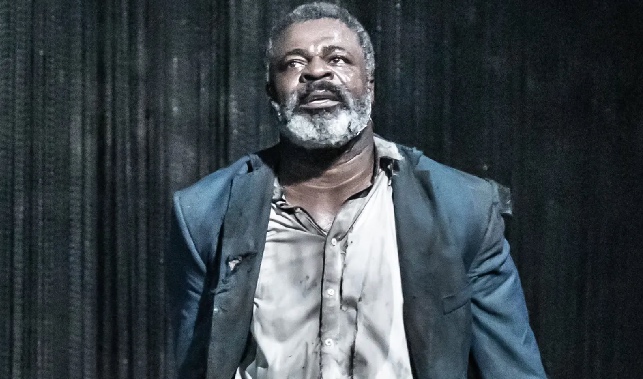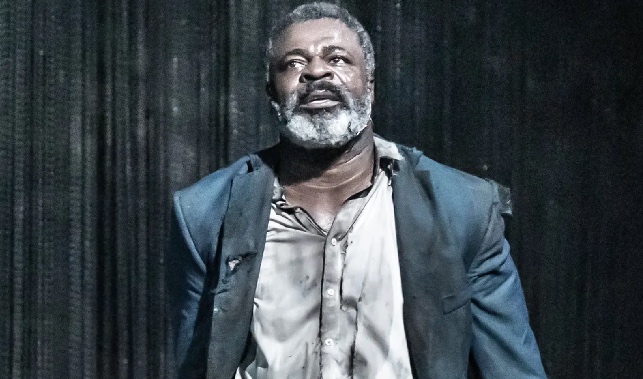King Lear at the Almeida: A stylish show that runs out of gas
The first 90 minutes of this exceptionally stylish King Lear at the Almeida contain some of the best moments of Shakespeare I’ve seen on the London stage, while the final 90 minutes are some of the most painful. Yael Farber, who brilliantly directed The Tragedy of Macbeth on the same stage in 2021, brings her [...]


The first 90 minutes of this exceptionally stylish King Lear at the Almeida contain some of the best moments of Shakespeare I’ve seen on the London stage, while the final 90 minutes are some of the most painful.
Yael Farber, who brilliantly directed The Tragedy of Macbeth on the same stage in 2021, brings her inimitable stylings to the tale of the mad king. She creates a stark, jagged world loosely inspired by her native South Africa but possessing a dreamlike quality that refuses to be pinned to any earthly geography. The costumes are modern and muted, the set dimly lit in burnt orange. It looks fantastic.
Danny Sapani plays Lear despite his relatively youthful age of 53 and he proves an inspired choice. The play opens with him topless, back to the audience, muscles rippling; this Lear feels like a man only just past his prime, his dotage come too soon. He’s a force of nature, flinging chairs and smashing microphone stands. Fra Fee also deserves praise for his vicious, sinewy, hyper-sexual take on Edmund, delivering his lines in a Northern Irish accent that could cut glass.
Directorial flourishes include songs around a candlelit piano, a stage covered in soil and Poor Tom running around in his tighty whities trailing a plastic sheet like an Olympic runner with their national flag.
But Lear is not an easy play to stage – so many of the climactic moments come in the first three acts, while the final two are a slow unravelling, a drift towards entropy, a quiet acceptance of past sins. Farber’s production simply runs out of steam, the energy flickering out after the interval, and by the end you really feel every last one of the 210 minutes. It doesn’t help that it all feels strangely disjointed, like each scene is a stand-alone vignette rather than part of a coherent whole.
It’s worth watching for the staging alone but it’s among the vanishingly small number of plays where I wish I’d left at the interval.


